For many people, the joy of owning a cat is overshadowed by the uncomfortable symptoms of pet allergies. However, certain cat breeds are known for being hypoallergenic, which means they are less likely to cause an allergic reaction. These breeds produce fewer allergens than others, making them suitable companions for allergy sufferers. Hypoallergenic cats typically shed less fur or dander, or they produce lower levels of the protein Fel d 1, which is a common trigger for cat allergies. While no cat is completely allergen-free, the breeds listed below are considered the best options for those who are sensitive to allergens. This article explores ten hypoallergenic cat breeds, detailing their characteristics and why they might be a good fit for homes with allergy concerns.
10. Oriental Shorthair
The Oriental Shorthair is a sleek, elegant breed known for its short, fine coat that sheds very little. This minimal shedding means less dander in the home, which is good news for allergy sufferers. Oriental Shorthairs come in a wide range of colors and patterns, offering plenty of aesthetic variety. They are highly sociable and intelligent cats, known for forming strong bonds with their owners. Their playful and affectionate nature makes them excellent family pets. Regular grooming and bathing can further reduce any allergens, making them even more suitable for people with sensitivities.

9. Devon Rex
The Devon Rex, with its soft, short, and curly coat, sheds less hair than many other breeds. This breed is distinguished by its large ears and pixie-like facial features, giving it a unique appearance. The Devon Rex produces less dander and is known for grooming itself less often than other breeds, which can help reduce the spread of allergens around the home. They are affectionate, highly active, and enjoy being involved in every aspect of family life. Engaging and mischievous, they make delightful companions who need regular interaction and stimulation.
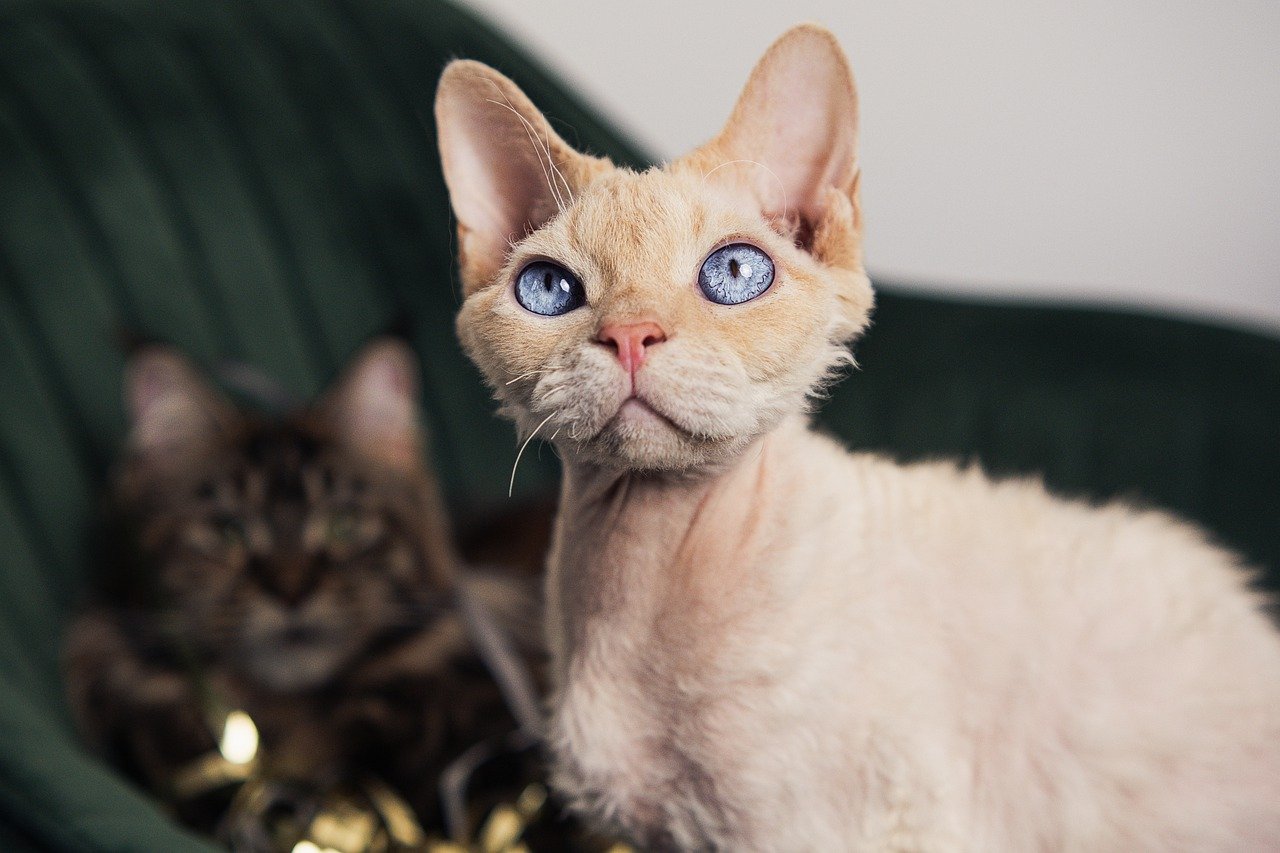
8. Cornish Rex
Similar to the Devon Rex, the Cornish Rex has an even shorter coat and possesses only the undercoat layer of fur that is extremely fine and sometimes curly. This breed is particularly good for allergy sufferers because they shed very little and produce less dander. The Cornish Rex is known for its active, playful nature and loves to engage in games. They are affectionate and thrive on interaction with their owners. It’s important to keep them indoors and groom them regularly to minimize allergens.

7. Sphynx
The Sphynx is perhaps the most recognizable hypoallergenic cat breed due to its lack of fur. While they are not entirely allergen-free, their hairless skin reduces the amount of dander they spread around the home. Sphynxes are known for their extroverted behavior, high energy, and affectionate nature. They require regular bathing to remove the buildup of oils on their skin, which also helps to control allergens. This breed is perfect for someone who wants a cat that is interactive and almost dog-like in its loyalty.

6. Balinese
Often referred to as the long-haired sibling of the Siamese, the Balinese is surprising in its hypoallergenic qualities. Despite its medium-to-long silky coat, the Balinese produce less Fel d 1 protein, the primary allergen found in cats. They are known for their striking blue eyes, point coloration, and communicative vocal behavior. Balinese cats are intelligent, sweet-natured, and very affectionate, often following their owners around the house and participating in daily activities.
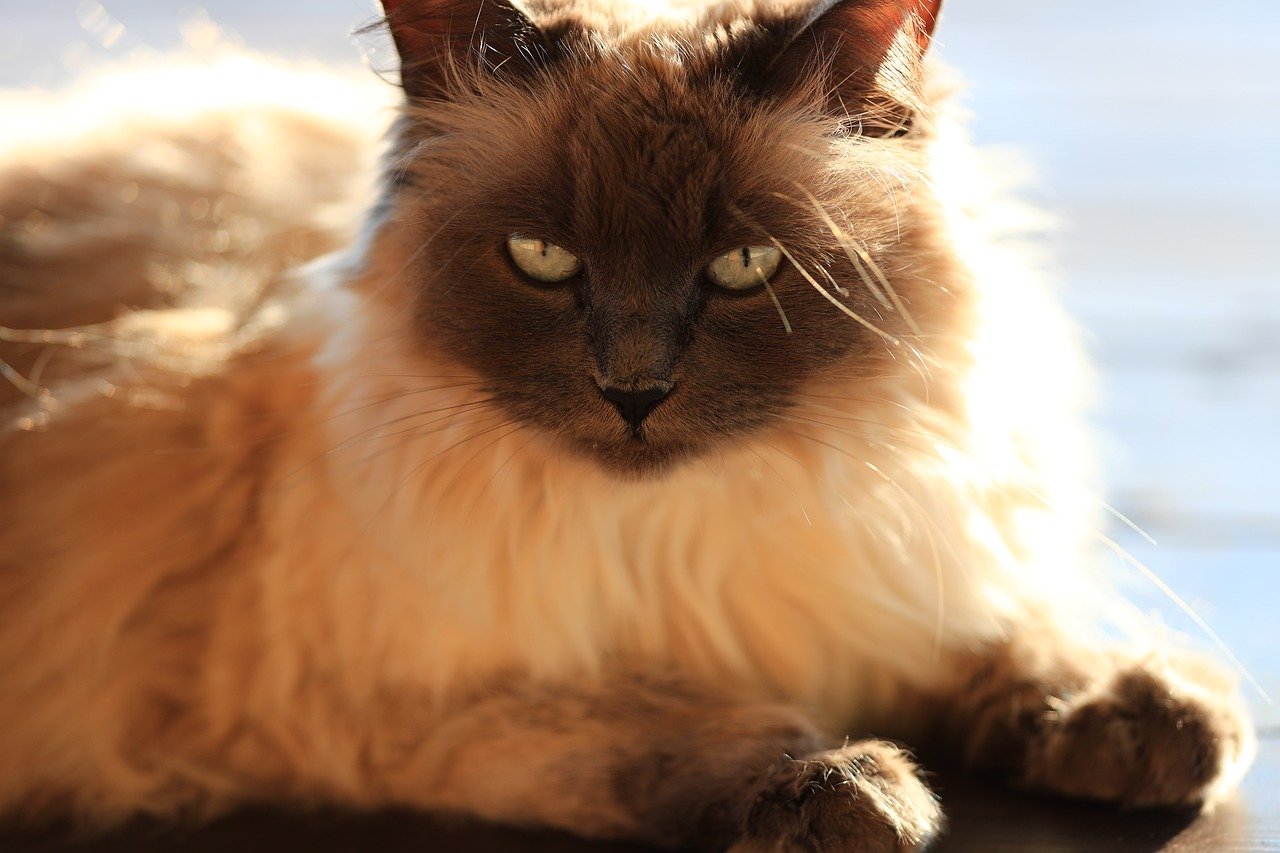
5. Russian Blue
The Russian Blue is not only beautiful—with its striking blue coat and shimmering silver tips—but it also naturally produces less Fel d 1 protein. This breed is typically good for allergy sufferers as it has a dense, short, plush coat that doesn’t shed much. Russian Blues are known for their gentle and shy nature but are very loyal and affectionate with their family. They can be reserved around strangers, making them excellent watchers and quiet companions.

4. Bengal
Bengals are known for their exotic look that resembles a wild leopard. Apart from their stunning appearance, they are considered hypoallergenic because they have a fine coat that requires less grooming than many other breeds. Less grooming means fewer allergens are spread around the home. Bengals are active and playful and require a lot of stimulation and interaction. They are intelligent and curious, always ready for an adventure or a puzzle to solve.
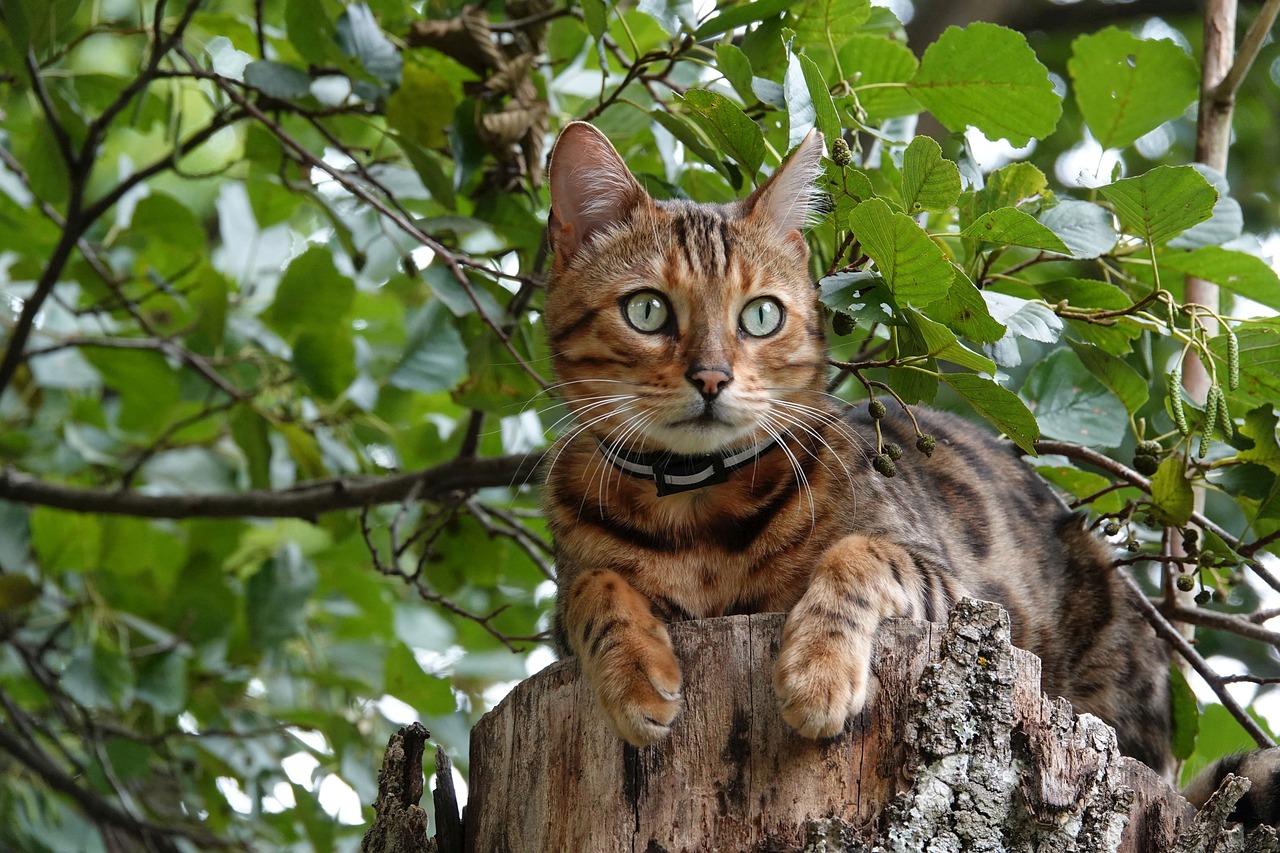
3. Burmese
The Burmese cat has a short, fine coat that requires minimal grooming and sheds very little. This breed is known for its loving and affectionate nature, often described as ‘dog-like’ in their desire to shadow their owners and their ability to be trained. Burmese are excellent companions for families and older people alike as they are sociable and thrive on human interaction, which also helps keep dander to a minimum with regular petting and grooming.
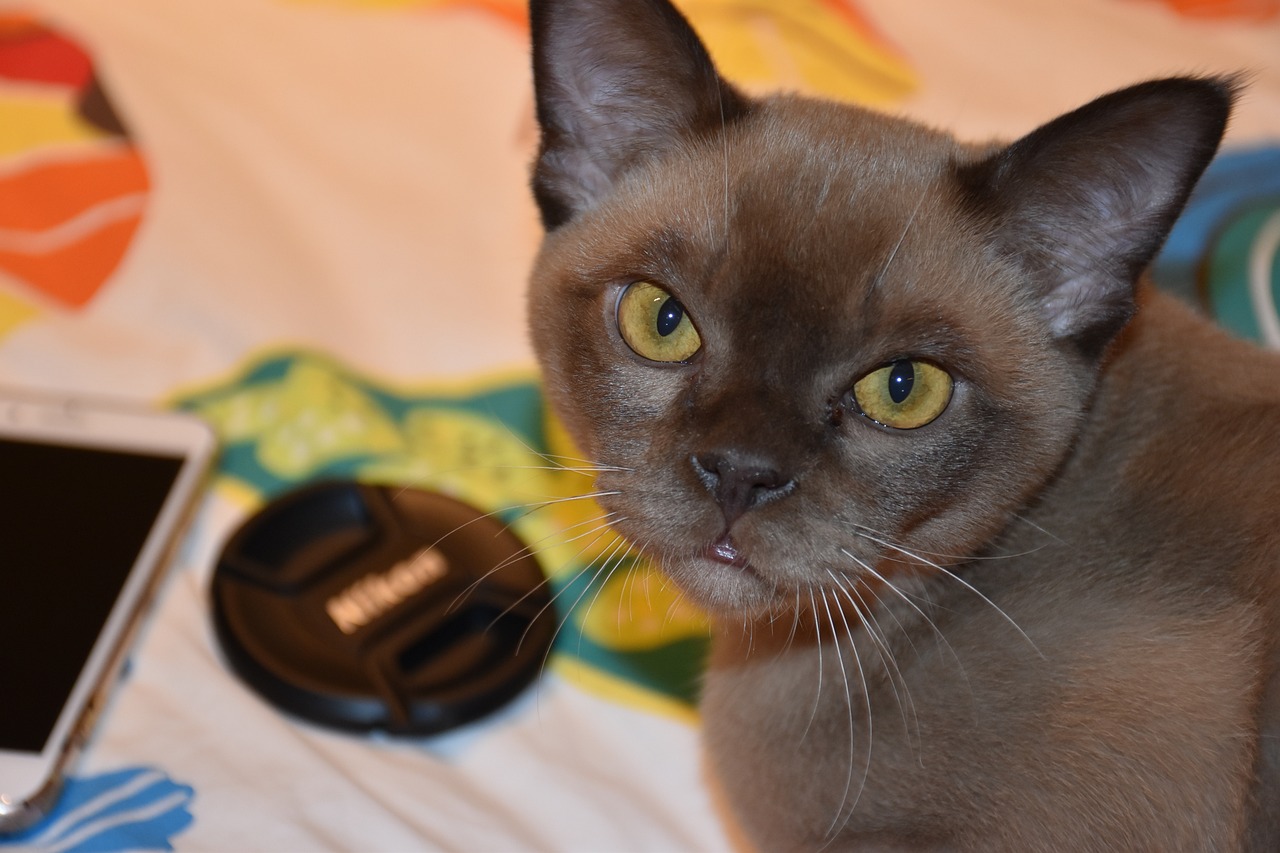
2. Siberian
Despite having a lush, dense fur coat, Siberians are known to produce less Fel d 1 protein, making them another surprising entry on the list of hypoallergenic cats. They are large and muscular yet very agile and playful. Siberians are affectionate and intelligent, often forming a strong bond with their families. They are known to be very adaptable and can handle various living conditions, making them excellent companions for those with mild allergies.

1. Abyssinian
The Abyssinian is known for its striking, ticked coat and large expressive eyes, giving it an appearance akin to that of wild cats. This breed is considered hypoallergenic due to its short, dense fur that rarely sheds, making it less likely to spread allergens around the home. Abyssinians are highly active and intelligent, often described as “forever kittens” due to their playful and curious nature. They thrive on interaction and enjoy being involved in every aspect of their owner’s life, making them delightful companions.
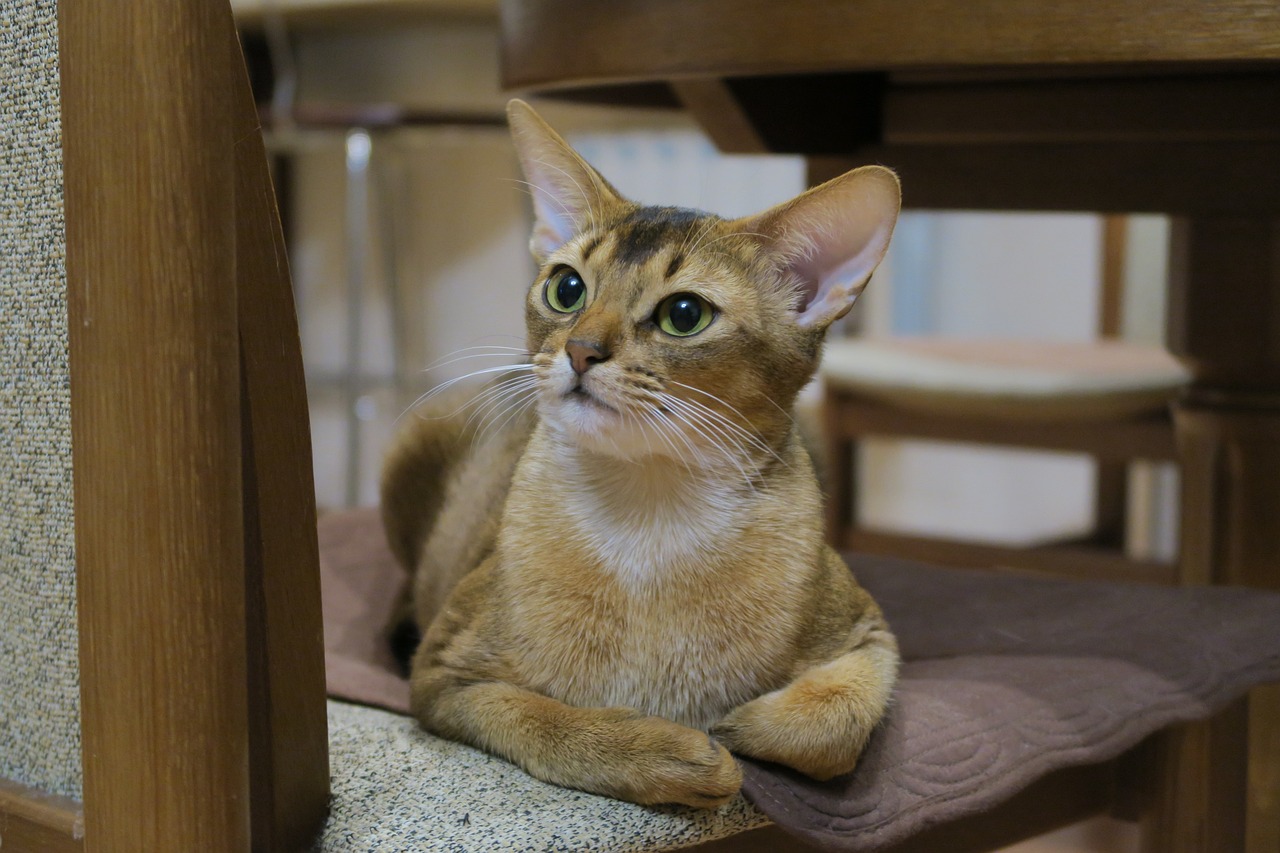
In conclusion, for those who suffer from allergies but still wish to share their home with a feline friend, choosing from among these hypoallergenic breeds may be beneficial. Each breed brings its own unique set of qualities, but all tend to have less impact on allergies, allowing more people to enjoy the companionship of a pet. Regular grooming and maintenance of the home environment are also crucial steps to further reduce allergens and ensure a comfortable living space for both the pet and their human family.
 Toledo, United States.
Toledo, United States.